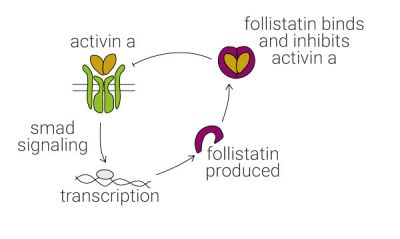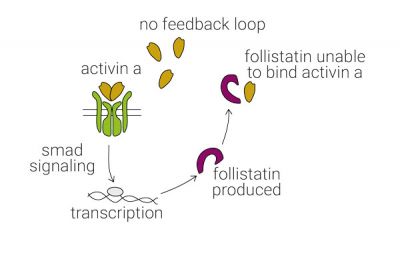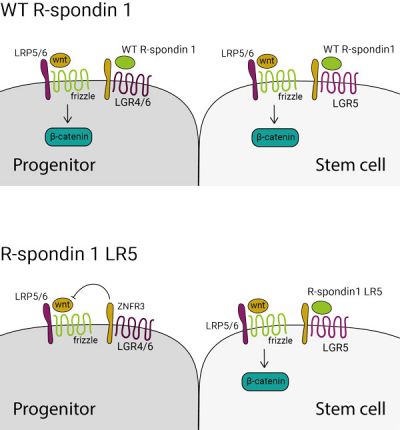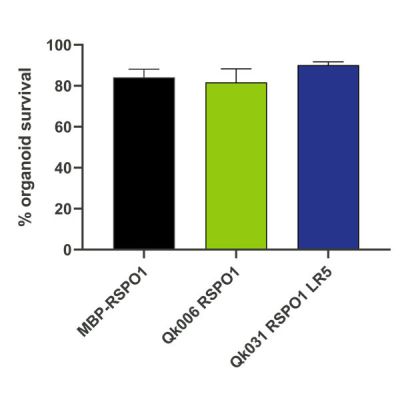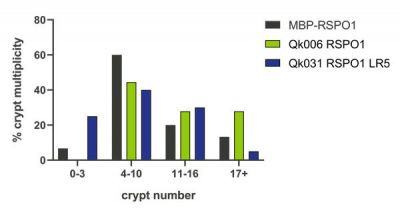Academic innovation combined with high purity manufacture
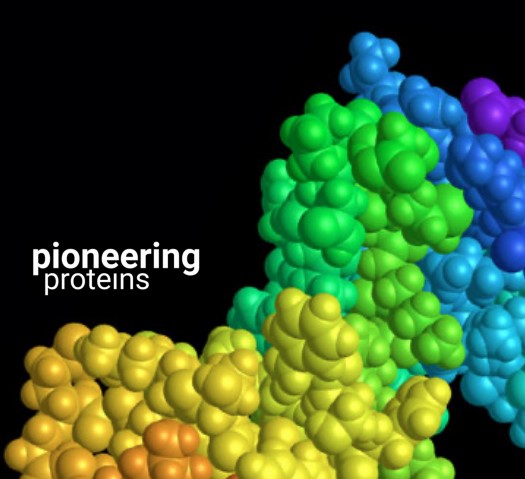
- Protein engineering from world-leading groups
- Licensed through technology transfer process
- Highest quality animal-free manufacture
- Stringent purity and bioactivity testing
- Adding value and innovation to stem cell science
Engineering novel functionality or specificity into growth factor proteins is a research time and resource intensive process. Successful new engineered proteins with unique properties of interest to stem cell science or regenerative medicine shouldn’t be retired to the back of the freezer.
To support translation of basic science, we are proud to launch our Pioneering Protein range; modified proteins developed by academic laboratories and manufactured to our high purity and bioactivity standards.
